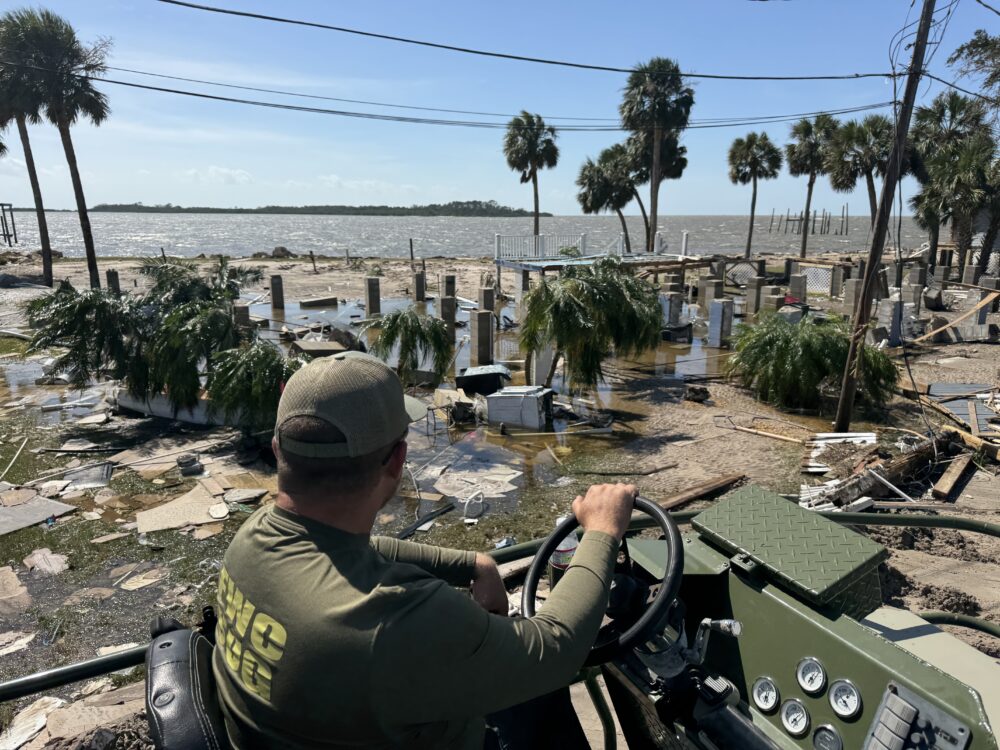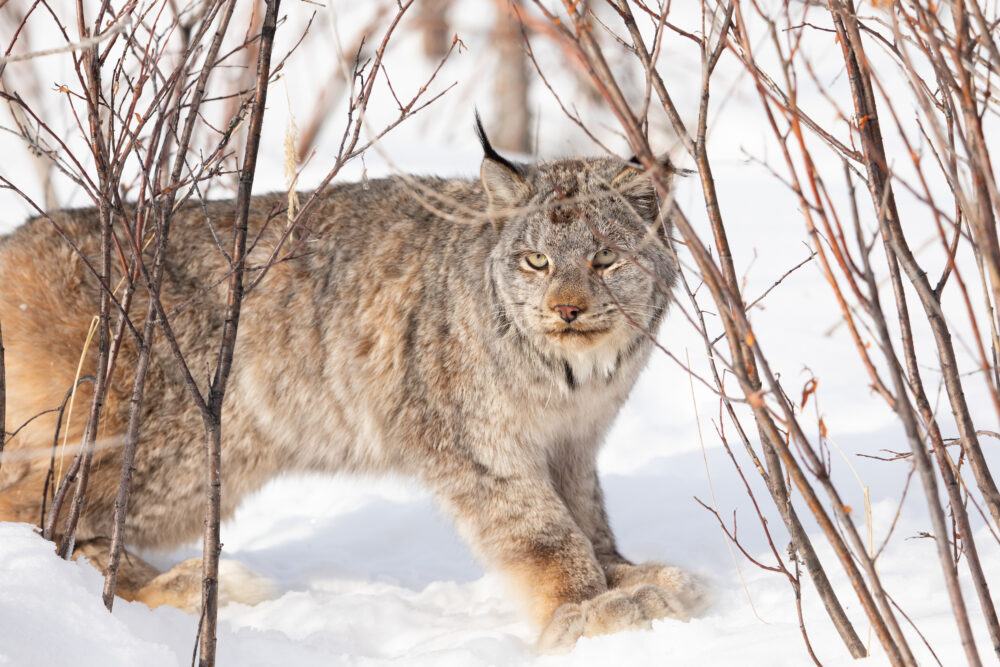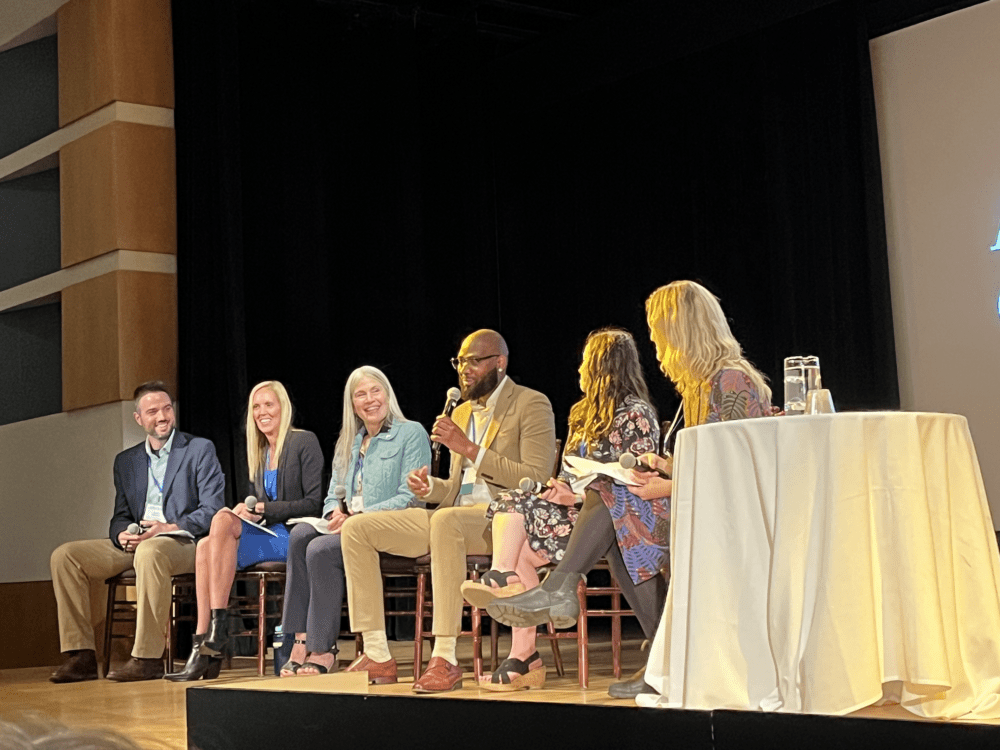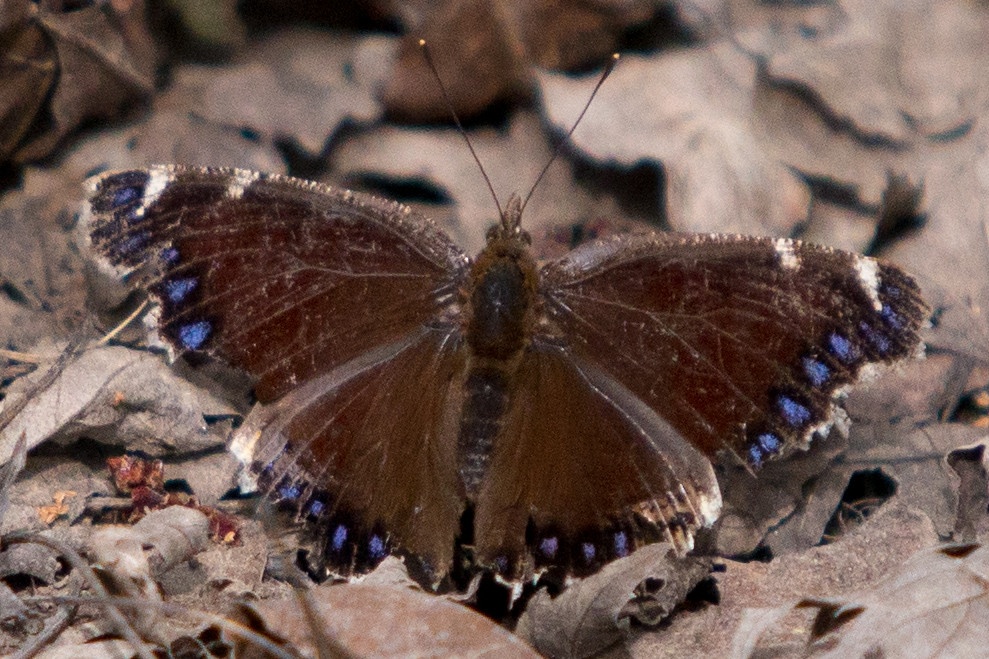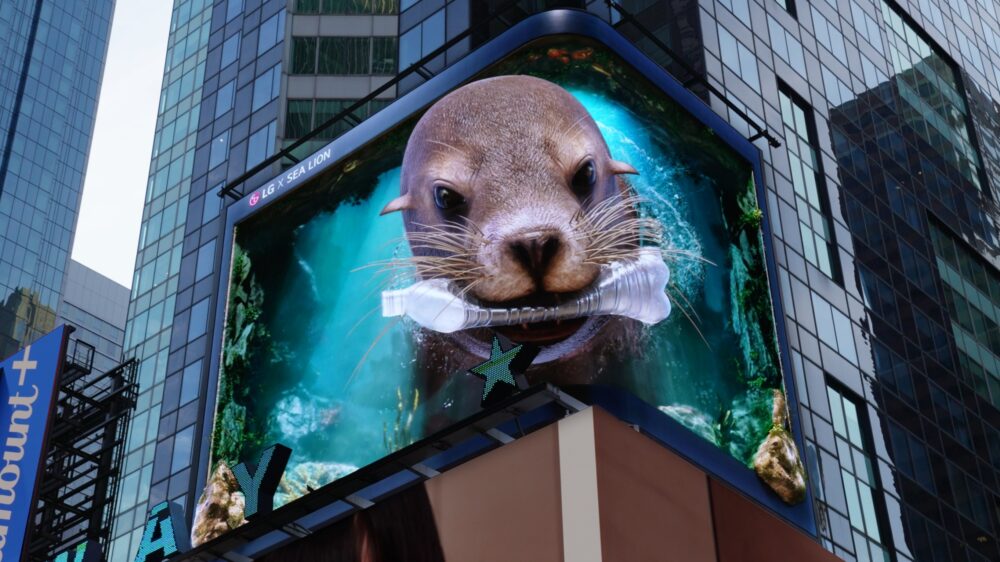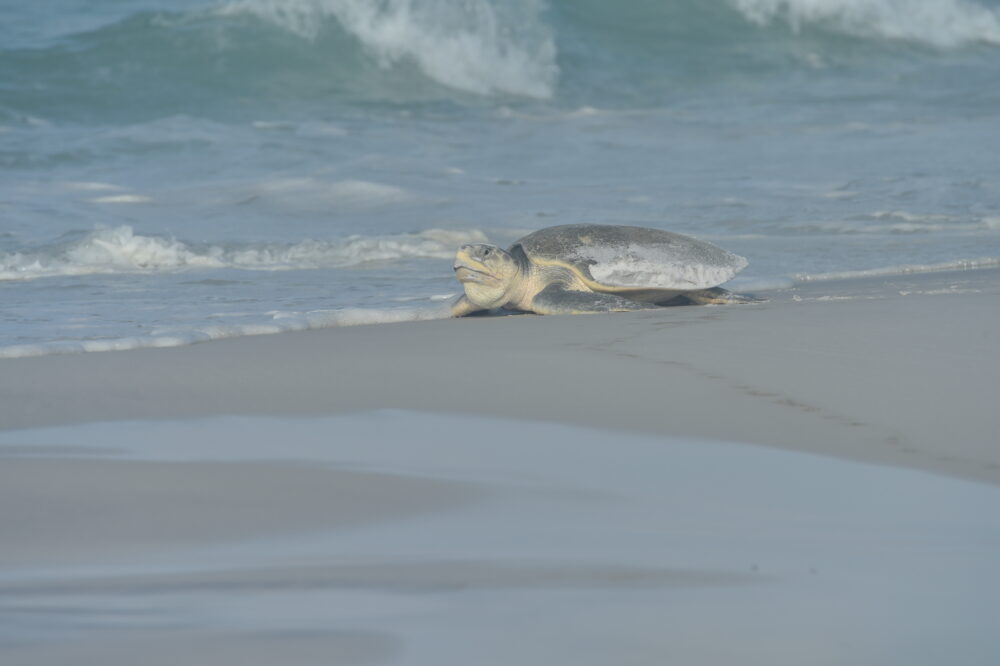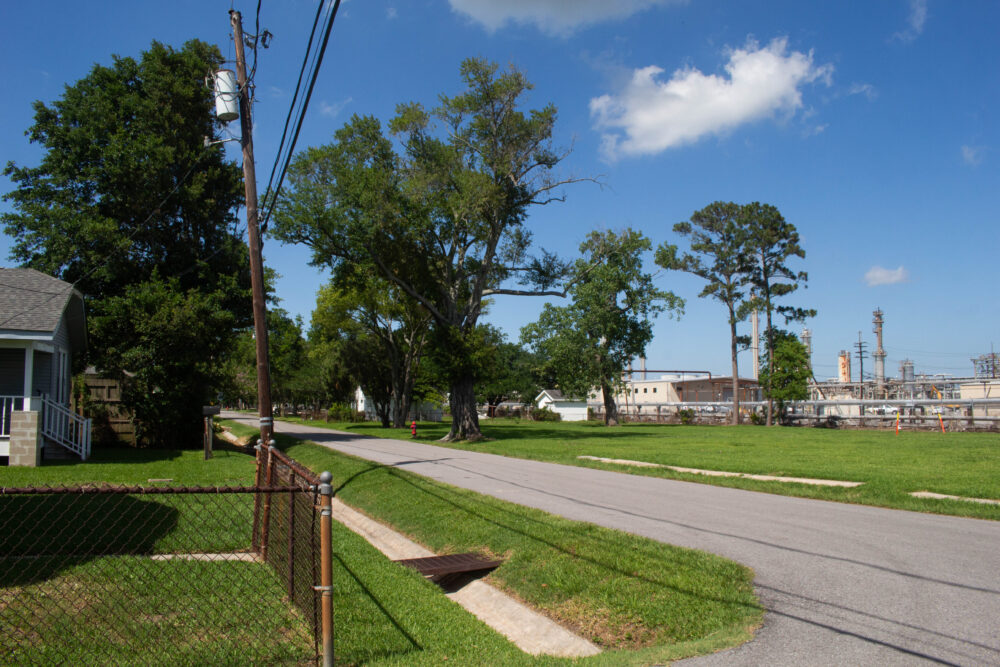We have much more to do and your continued support is needed now more than ever.
Nine Years After Deepwater Horizon
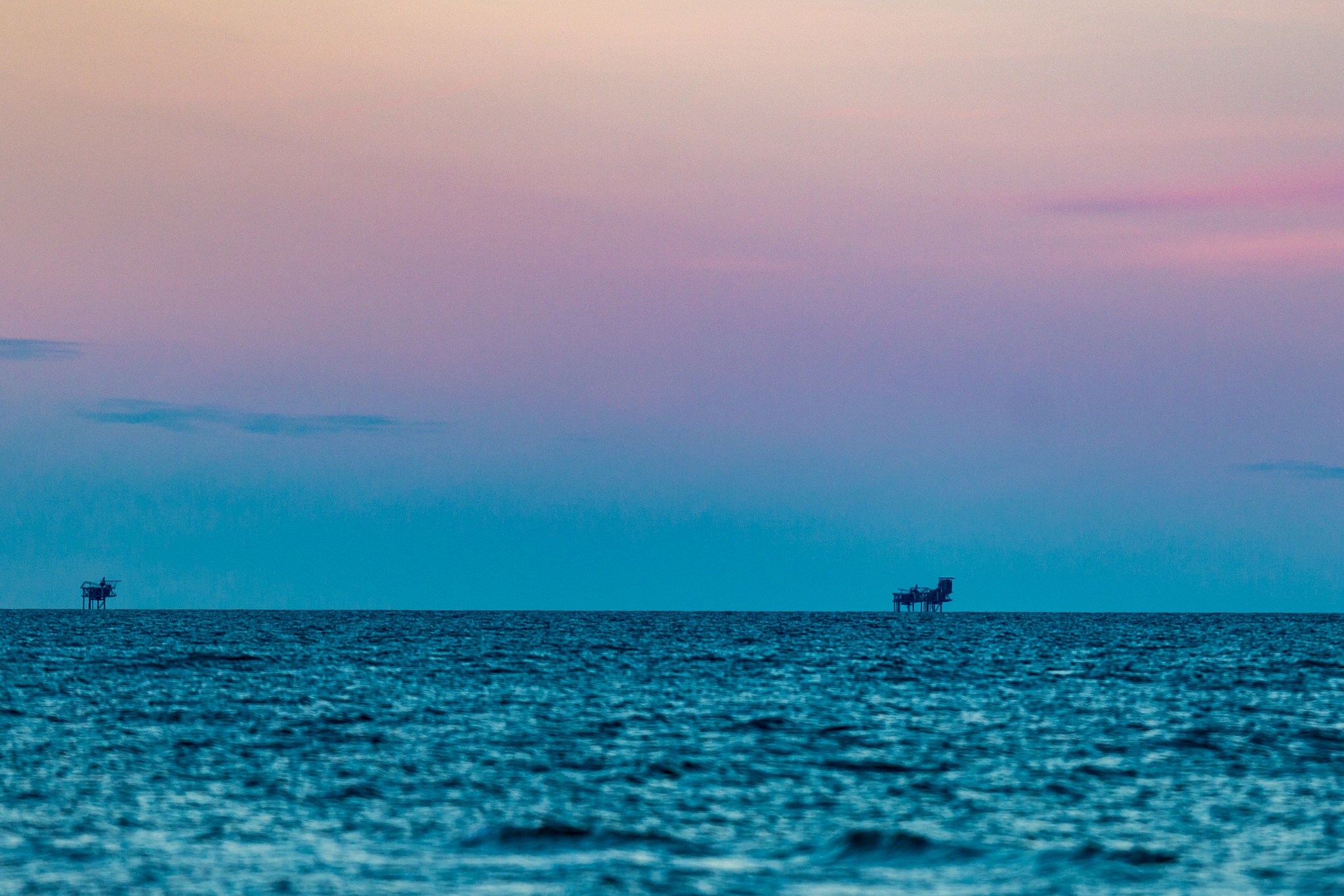
It has been nine years since BP’s Deepwater Horizon oil rig exploded off the coast of Louisiana, killing eleven men and unleashing an 87 day-long torrent of crude oil into the Gulf of Mexico. National Wildlife Federation has taken an active role in Gulf recovery, advocating for science-based decision-making to benefit wildlife and their habitats as Gulf leaders invest recovery funds into restoration.
While there are still decades of recovery ahead, significant strides have been made over the last eight years to restore the Gulf for coastal communities and wildlife. As we reflect on the lives lost and the damage wrought, we should also consider how we can prevent a similar disaster from happening in the future.
The ongoing success in the restoration effort to date does not mean that all is well in the Gulf. Unfortunately, the current Administration is taking several separate actions that collectively increase the likelihood of another oil disaster—in the Gulf or elsewhere.
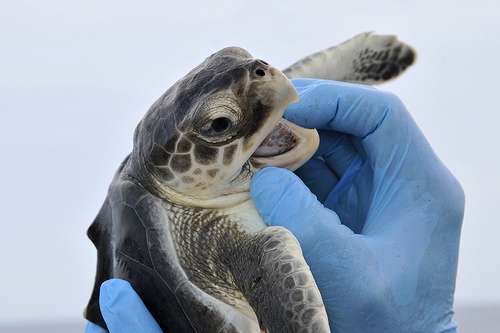
After the Deepwater Horizon disaster, a bipartisan presidential commission was tasked with evaluating what went wrong and developing recommendations for regulatory solutions to prevent future oil spills. As a result, several new safety measures were put in place, designed to increase worker safety, improve well design, and ensure corporate responsibility.
While these rules weren’t perfect, National Wildlife Federation supported the measures that would reduce the likelihood of future spills. The enacted reforms were a strong response to the human and ecological tragedy that befell not just the Gulf region, but the nation as a whole.
The current Administration is moving to roll back the safety requirements for offshore drilling put in place after Deepwater Horizon, while at the same time, rapidly expanding offshore oil and gas drilling across the coastal waters of the United States. This raises the threat of an oil spill like the Deepwater Horizon spill in 2010 and endangers coastal ecosystems and the economies of many coastal communities.
As we know from our experience in the Gulf, a spill anywhere along the Atlantic, Pacific, or Arctic shorelines would be catastrophic for wildlife and our communities. The effects of the Deepwater Horizon spill in the Gulf of Mexico may have faded from the headlines, but the cleanup continues to this day and its impacts will last for generations. Wildlife like sea turtles and shorebirds across the coasts would suffer if such an incident were to occur again.
The Department of the Interior is expected to soon issue its new five-year plan for the National Outer Continental Shelf Oil and Gas Leasing Program, which could put coastal communities and wildlife at risk of the devastating effects of another oil spill.
The Atlantic and Pacific coastal affiliates of the National Wildlife Federation sent a letter to the Department of the Interior urging it to scrap the plan to expand offshore drilling. You can take action too — add your name to stand with coastal state governors in saying no to expanding offshore drilling and yes to safeguarding coastal wildlife:
Take Action!













